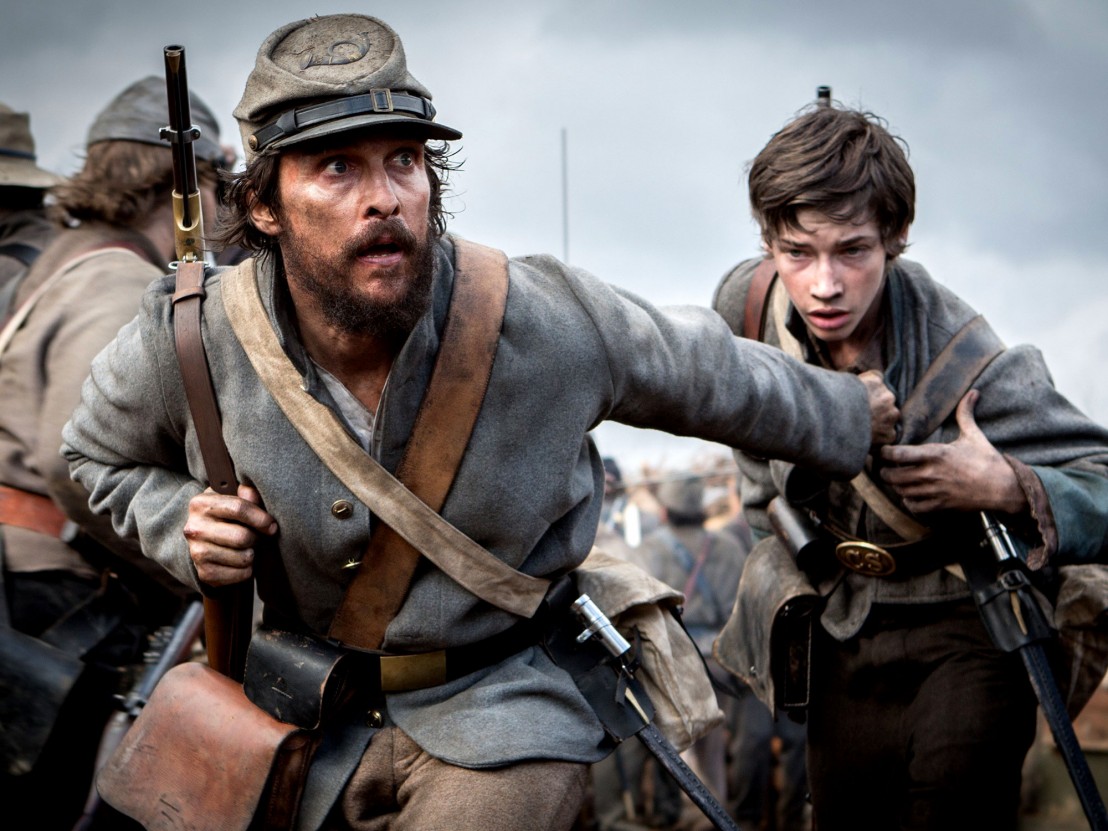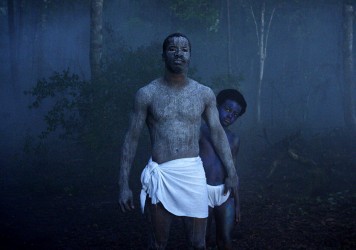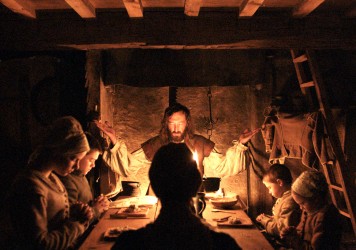
“History is hir’d, or coerc’d, only in Interests that must ever prove base. She is too innocent, to be left within the reach of anyone in Power […] She needs rather to be tended lovingly and honorably by fabulists and counterfeiters, Ballad-Mongers and Cranks of ev’ry Radius.”
This quote is not lifted from the pages of an 18th-century journal, but is rather a carefully composed pastiche by literary fabulist and counterfeiter Thomas Pynchon. The author’s 1997 novel ‘Mason & Dixon’ followed, expanded, and elaborated on the true story of a pair of surveyors whose famous boundary line is portrayed as an act of symbolic, cartographic violence that divided America’s cultural north and south.
It’s a novel full of meticulous historical detail, but Pynchon was self-consciously writing in the late 20th century with contemporary concerns in mind. He was looking back at America’s past not just in order to provide an account of a young nation’s formative period, but for a source of myths and stories that would be a way out of the claustrophobia of the present.
America’s tumultuous past is full of unlikely heroes like Pynchon’s surveyors, stories of alternative founding fathers. The latest trailer for Free State of Jones, the Civil War action-adventure movie from Hunger Games director Gary Ross, sees Matthew McConaughy’s based-on-a-true-story hero escaping through swamps and setting plantations ablaze like the Katniss Everdeen of the pre-abolition South. Along with Nate Parker’s The Birth of a Nation, which is set for release in 2017, it joins an growing number of recent films that revisit the violence of the years before and during the American Civil War.
Like Steve McQueen’s 12 Years a Slave before them, both films are based on heavily researched actual historical figures. The Free State of Jones trailer sees Newton Knight, the Confederate deserter played by McConaughy, uniting Mississippi’s downtrodden and disenchanted – “black, white, rich, poor” alike – into a utopian guerrilla force. The Birth of a Nation is based on the slave rebellion led by Nat Turner, who escaped from slavery to fight against the overwhelming forces of the Southern status quo. They’re exceptional lives that bear a poeticism and drama that marks them out from the monotony of suffering that makes up most of history. But they’re also lives that show possible responses to this suffering, examples of alternatives.
Quentin Tarantino is one director who’s never let the action be hemmed in by details like historical accuracy. But it’s inevitable that a film set in the past will be seen as a more general account of that time, and Django Unchained’s gleefully revisionist revenge western drew criticism for its slim relation to actual experiences. Perhaps in response to that criticism, The Hateful Eight saw Tarantino infuse generations-old Civil War grievances into a tense character study – condensing stories true and invented, and wielding memories like weapons, in the confines of a remote mountain cabin.
It’s ultimately hard to make a film about America’s past without either acknowledging or alluding to its troubled origin story. None of these films should forget the immense conflicts that have left indelible scars on the nation’s psyche. But the story here isn’t wise and reasoned Founding Fathers inking out the future, or a Walt Whitman pluralistic idyll lying there waiting to be explored. The birth is messy and full of complications. Sometimes the historical research can become embellished or simplified in the filmmaking process, but Pynchon’s point was that a history as elusive and conflicting as America’s is one best told by artists, writers – and filmmakers.
Published 27 May 2016

How two early ’90s documentaries exposed the media machinery that helps determine US elections.

By Ed Gibbs
The buzz film from this year’s Sundance is a stirring, historical tale of racial injustice that feels more vital now than ever.

By Mark Asch
Robert Eggers’ film provides an evocative reminder of the anxieties, fears and early religious beliefs that shaped the New World.